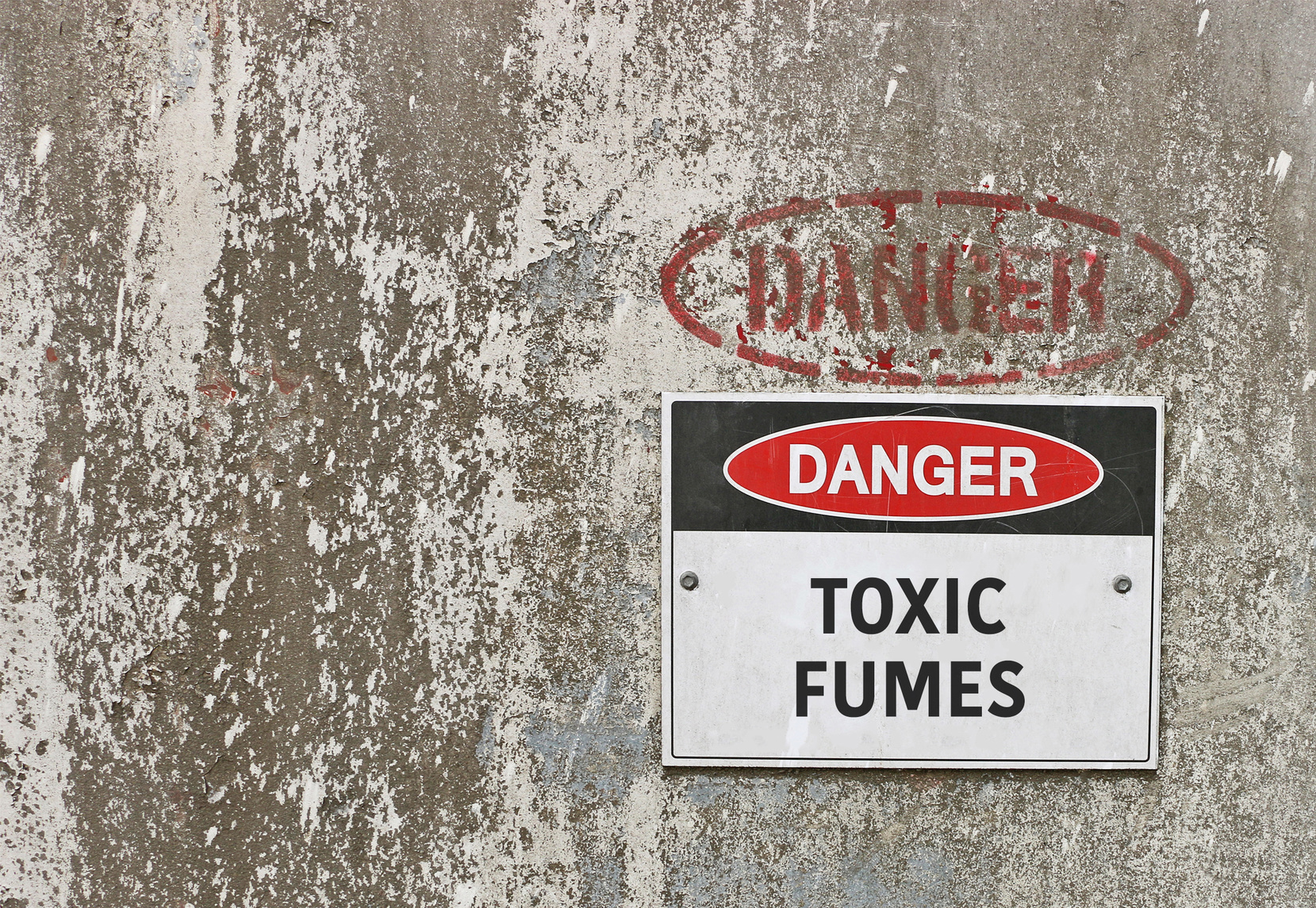In a case that has gone far beyond a simple workers compensation case and into a complex legal fight, plaintiffs in a long-standing case against Dow Chemical and Dole recently received a blow in their toxic exposure case. And despite an impassioned dissent from the Third Circuit, a decision was handed down barring migrant farm workers from suing the two large companies. The case initially started in 1993 when 200 farm workers brought their claims forward, stating that they developed significant health problems directly related to chemical exposure between 1960 and the late 1980s. The suit alleged that Dow Chemical and Dole intentionally exposed them to dangerous levels of dibromochloropropane, or DBCP, causing their injuries According to legal experts, the procedural history associated with these cases is extremely complex and no court has ever had the chance to review the actual merits of the workers’ claims. Instead, procedural questions tied the litigation up for decades. After the first round of lawsuits was tanked due to procedural issues, the workers tried again with a 2011 federal complaint in the state of Louisiana. Another suit was filed in Delaware one year later. Unfortunately, the Louisiana court ruled that the state's statute of limitations barred the lawsuit and it was dismissed. Later, the Delaware court ruled that the Louisiana dismissal also blocked it from hearing the farm worker’s case. The Third Circuit then went on to affirm the Delaware court's decision claiming that the "first-filed rule" controls. This means that the later courts will look to the rulings in the earlier dismissed cases to determine if they will hear the case. "They wanted to keep the same litigation going in two different federal forums simultaneously to see which one they would fare better," Judge Nygaard wrote. "This duplication of litigation was of their own making and it was not an abuse of discretion for the Delaware District Court to dismiss their second-filed complaint with prejudice, instead of staying the matter." Although many injured workers were disheartened by the ruling, the blow was softened slightly by Judge Julio Fuentes in his dissent. "More than two hundred plantation workers brought this suit alleging their employers and certain chemical companies knowingly exposed them to toxic pesticides over a period of many years," Fuentes wrote. "As a result, they say, they have injured kidneys, are infertile, and are at heightened risk of cancer. Twenty years after first bringing suit, no court has heard the merits of their claims." Judge Fuentes also noted that many nearby circuits have determined that the first-filed rule is not equitable and should not be applied when it prevents meritorious claims of injured parties from being heard. In their multiple lawsuits, hundreds of injured workers argued that Dow and Dole had known about the toxic effects of DBCP for many decades. The substance is so dangerous that the Environmental Protection Agency banned its use, with limited exceptions, in 1979. Many of these workers are now dealing with significant injuries including aggressive cancer and progressive brain damage.
Toxic-Exposure Case Dies For Injured Farm Workers



